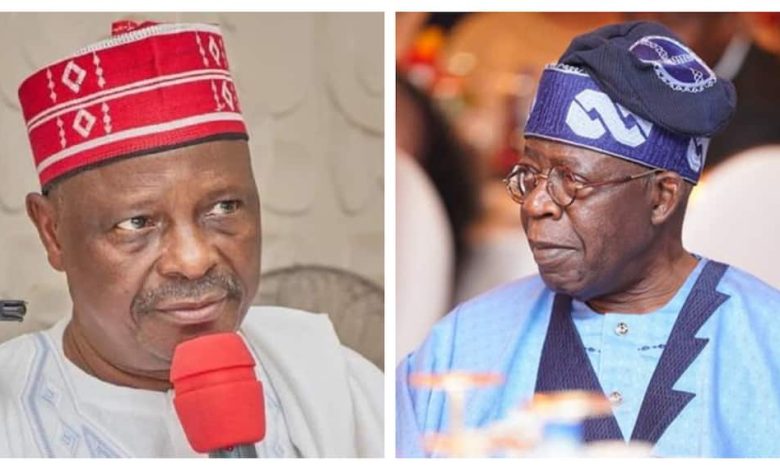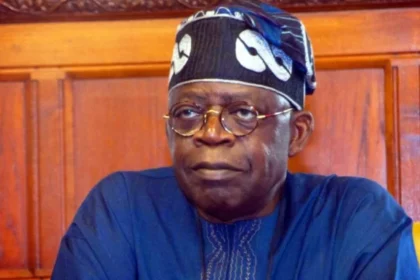Senator Rabiu Musa Kwankwaso, the presidential candidate of the New Nigeria Peoples Party (NNPP) in the 2023 election and leader of the Kwankwasiyya Movement, has raised concerns about what he perceives as attempts to “colonize” northern Nigeria by interests from Lagos.
Speaking at the convocation ceremony of Skyline University in Kano, Kwankwaso alleged undue interference in the governance and economic affairs of Kano State, including the selection of the emir and the control of local revenue.
He claimed that Kano’s traditional leadership was being undermined, stating, “The emir is just being a stooge at this very difficult time, especially in this part of the country (northern Nigeria). Today, we can see clearly that there is a lot of effort from the Lagos axis to colonize this part of the country.”
Kwankwaso further alleged that Lagos-based forces were influencing the selection of Kano’s emir, suggesting that local stakeholders were being sidelined. He remarked, “Lagos wouldn’t allow us to choose an emir. Lagos has to come to the centre of Kano to put their own emir.”
On economic issues, the former Minister of Defence criticized tax collection practices, alleging that taxes generated in Kano were being diverted to Lagos. He expressed concern over the relocation of corporate headquarters of banks and factories from Kano and other parts of northern Nigeria to Lagos, which he argued was detrimental to the local economy.
“Today, we are aware that Lagos young men are working so hard to impose taxes and take away our taxes from Kano and this part of the country to Lagos,” he stated. He added, “Even our sons and daughters who have brought factories, many of them here in Kano and northern Nigeria, and even banks, somehow, they are forced to take their headquarters to Lagos because taxes will now have to go to Lagos.”
Kwankwaso urged lawmakers from northern Nigeria to be vigilant and resist policies or legislation that might disadvantage the region. He referred to past instances where northern representatives in the National Assembly were allegedly coerced into supporting policies detrimental to the region’s economy.
“We are witnesses to what happened during the first term, 1999 to 2000, where our members of the National Assembly were bribed and coerced into collecting huge sums of money to support offshore legislation. That law dealt a huge blow to our economy, not only in northern Nigeria but in other states as well,” he said.
Kwankwaso’s remarks have stirred fresh debate about regional power dynamics, economic control, and the influence of external forces in the administration of northern Nigeria.






